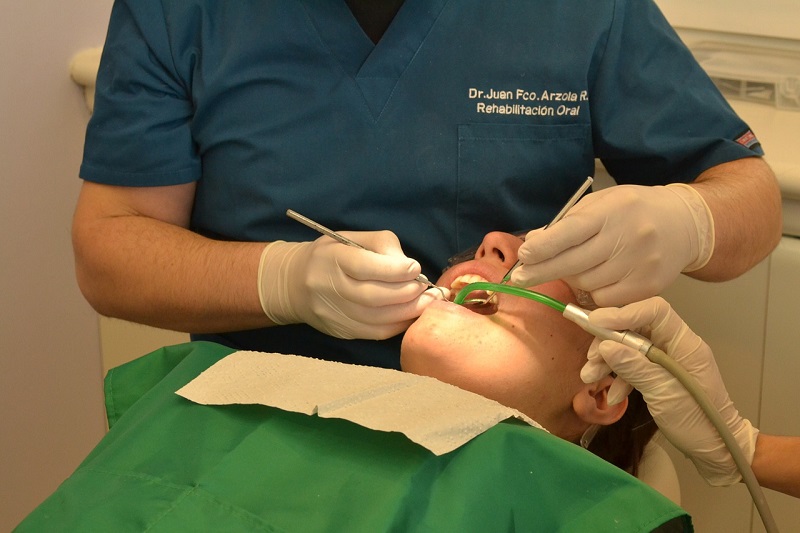
Today there are available several medications to help dental patients by creating a more relaxed and comfortable environment for their dental treatment. Some drugs help to ease pain, while some help in by providing them relaxation during the procedure. Still, for some critical and complex dental procedures the there are required drugs that put patients into a deep sleep-like state, such a state of treatment is called sedation dentistry.
Your dentist can discuss necessary conditions with you regarding allergies and other health issues before getting ahead with the sedation dentistry procedure. It is essential for the dentist to know your overall health history and your anxiety level before deciding on the type of dental procedure required for you.
Sedition dentistry for child dental treatment
If you have taken your kid to a dentist, he might recommend anesthesia or sedation to your child before commencing the dental procedure to relax him so that he could safely perform the dental procedure.
What is local anesthesia?
Local anesthesia is a type of medication used to disrupt pain during the dental treatment by blocking the nerves and senses that transmit pain, which numbs mouth tissues. Your dentist may apply topical anesthesia to numb the area before injecting local anesthesia. Topical anesthetics may also be used to soothe your pain. Narcotics can be inserted into the patient if required, particularly in the procedure filling cavities, preparing teeth for crowns, or treating gum disease.
With sedation, the dental specialist manages a medication previously or during the dental methodology. General anesthesia renders the patient oblivious. Different structures will loosen up you, yet won’t thump you out totally.
The most widely used sedation dentistry incorporates:
Nitrous oxide: This is a gas that stimulates your pain-causing sensations during the dental procedure. It wears off rapidly, and your dental specialist may allow you to drive back to your home after the procedure.
Oral tranquilizers: Oral narcotics, for example, diazepam, also help loosen up patients during dental strategies. Patients have to take these drugs at least one hour before the surgery. Despite taking the medication, patients remain conscious, and his brain works regularly. These drugs dispose of the pain-causing sensations for some time until the procedure is completed.
Intravenous tranquilizers: Intravenous, or IV, drugs can help you in shifting phases of your consciousness. These are the general anesthesia and, as referenced above, will place you into a profound rest until it wears off. The IVs are usually given for complex dental procedures like tooth implants or cosmetic dentistry. After taking the standard dose of IV tranquilizer you’re less mindful of your environment, you may feel sluggish, and you probably won’t recollect a significant part of the method once it’s finished.





